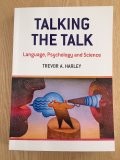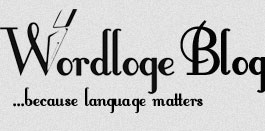 My reading habits change slightly with the change of seasons throughout the year. At the beginning of the summer holiday I automatically opt for light reads and mostly fiction. I am not quite sure if the reason behind this is that I am intellectually tired and in need of a break or whether the sun, the warm weather and the idea of lying around in the garden just work better with a good fictional novel.
My reading habits change slightly with the change of seasons throughout the year. At the beginning of the summer holiday I automatically opt for light reads and mostly fiction. I am not quite sure if the reason behind this is that I am intellectually tired and in need of a break or whether the sun, the warm weather and the idea of lying around in the garden just work better with a good fictional novel.
However, the summer here in Europe is nearing its end and the academic year has already started in some parts which calls for more intellectual reading. My recent trip to the university book shop in Aarhus in Denmark was the answer to my literature fix. Stacks and stacks of books in all sorts of categories such as history, science, language, psychology, etc., their respective subdivisions and, most excitingly, interdisciplinary sections! I thus came away with a book called “Talking the Talk – Language, Psychology and Science” by Trevor A. Harley.
I strongly believe that in order to truly master a language, it is essential to gain a good understanding of the culture of the country in which the language is spoken. Culture and language are inseparable as so many idiomatic expressions have their origin in the culture. In the same way, I also think that in order to be able to use language efficiently and in a professional context, be it teaching, research or studying language and/or linguistics, it is equally important to understand how the human being works and how language is produced. What happens psychologically when we speak, or when we learn a new language?
The book “Talking the Talk” deals with exactly these issues and starts with a chapter on the human vocal tract and finishes with an overall structure of the language system. I would recommend this to anyone who would like to get a more thorough understanding of how language learning works.
Kira Petersen
